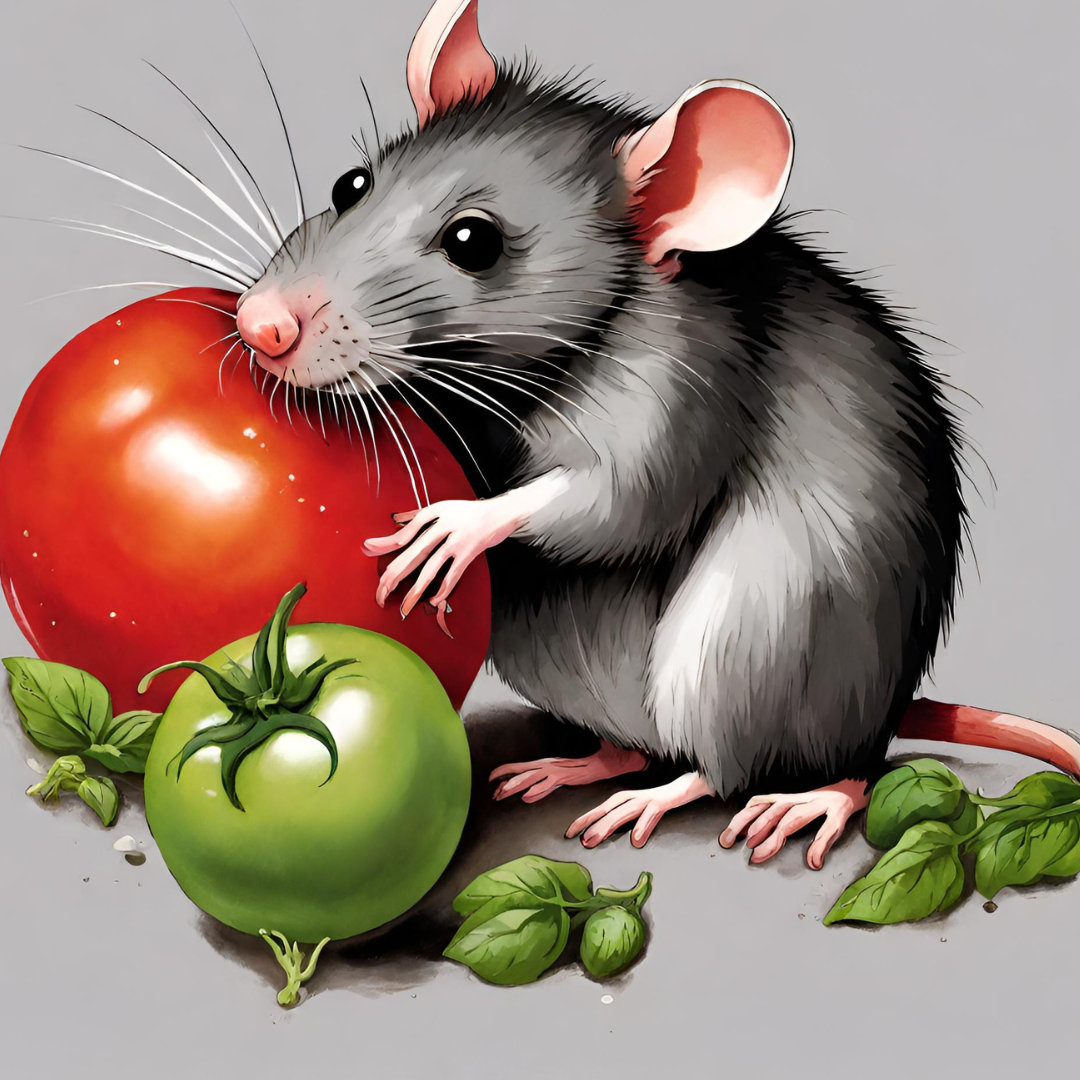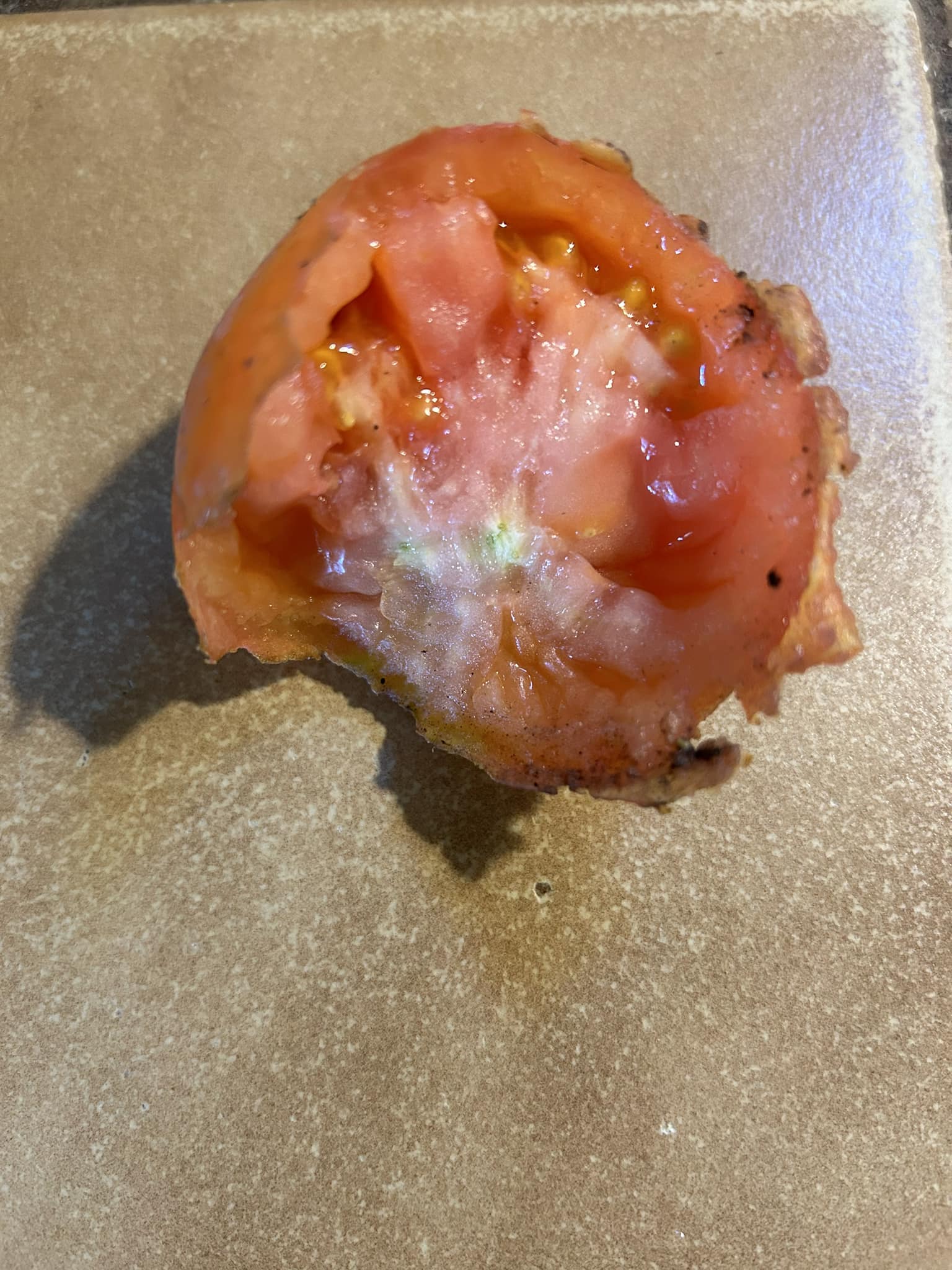
The age-old question, “Do rodents eat tomatoes?” has intrigued gardeners and wildlife enthusiasts for generations. Whether you’re a passionate gardener or simply someone who enjoys observing wildlife, the interaction between rodents and your tomato plants can be a fascinating study. In this comprehensive guide, we’ll explore the various aspects of this intriguing question. We talk about the types of rodents that might nibble on your tomatoes, the reasons behind their behavior, and what you can do to protect your tomato garden. So, let’s embark on this journey to understand how to deal with the challenges posed by rodent tomato consumption.
Table of Contents
Do Rodents Eat Tomatoes?
Rodents, including mice, rats, squirrels, and chipmunks, are known to eat tomatoes. Ripe tomatoes are often more appealing to rodents due to their sweet taste and soft texture. These fruits are easy pickings for hungry critters. Tomatoes are a good source of vitamins and antioxidants, making them an attractive option for rodents.
During hot summer days, rodents may turn to juicy tomatoes to quench their thirst. Tomatoes have a high water content, which can be appealing to animals in need of hydration. Many rodents are omnivores, meaning they eat a variety of foods, including plants. Tomatoes are just one of the many items on their menu.
What Rodent Would Eat Tomatoes?

Rodents are a diverse group of mammals, and not all of them share a penchant for tomatoes. Let’s take a closer look at some of the common rodent species that may be responsible for eating tomatoes in the garden.
1. Mice: The Tiny Tomato Thieves
Mice, especially house mice, are notorious for their love of nibbling on tomatoes. Their small size allows them to easily access your precious fruits, and they often go undetected due to their stealthy nature.
2. Rats: Bigger Appetites, Bigger Problems
Rats, both roof rats and Norway rats, are no strangers to tomato consumption. Their larger size means they can cause more significant damage to your plants and may even feast on the whole tomato.
3. Squirrels: The Acrobatic Tomato Lovers
Squirrels are agile creatures and are known for their acrobatics. They can climb into your tomato plants and munch on your ripe tomatoes, leaving behind half-eaten remains.
4. Chipmunks: Tiny But Mighty Tomato Eaters
Chipmunks are adorable but can be quite destructive when it comes to your tomato garden. Their small size and agility make it easy for them to access your plants.
Signs Rodents Are Eating Tomatoes
Now that we’ve explored the type of rodents that may be feasting on your tomatoes, let’s explore the signs to look for to know rodents are responsible for feeding on your tomatoes in the garden. Understanding how they go about consuming your tomatoes can provide insights into prevention and control.

1. Biting and Nibbling
Most rodents, like mice and rats, have sharp incisors that they use to bite and nibble on the tomatoes. This leaves distinctive marks on the fruit’s surface.
2. Carrying Off Whole Tomatoes
In some cases, rodents, particularly squirrels, may carry off whole tomatoes to enjoy them in a more secluded location. This behavior can be frustrating for gardeners.
3. Half-Eaten Tomatoes
If you notice tomatoes with chunks missing or partially eaten, it’s a clear sign of rodent activity. These creatures may not finish a whole tomato in one sitting.
How Do I Keep Rodents From Eating My Tomatoes?
With the knowledge of which rodents are responsible and how they eat tomatoes, you can take steps to protect your garden and minimize loss. Here are some strategies to consider to keep rodents from eating tomatoes:
1. Fence Your Garden
Installing a mesh fence around your garden can deter rodents from entering. Make sure the fence extends underground to prevent burrowing.
2. Traps and Baits
Utilize rodent traps and baits strategically. Place them near the garden to capture the culprits before they reach your tomatoes.
3. Companion Planting
Certain plants, like marigolds and garlic, are known to repel rodents. Consider planting them alongside your tomatoes as a natural deterrent.
4. Remove Fallen Tomatoes
Rodents are attracted to overripe or fallen tomatoes. Regularly check your garden for these, and dispose of them properly.
5. Scare Tactics
Use scarecrows, reflective materials, or motion-activated devices to deter rodents. These can startle them and keep them away from your garden.
Conclusion
Various rodent species may have a penchant for tomatoes for different reasons, whether it be the nutritional benefits, water content, or just a ripe and easy target. Understanding their behaviors and motivations is the first step in protecting your tomato garden.
By identifying the culprits, implementing protective measures, and taking steps to deter these creatures, you can enjoy your tomatoes without sharing them with the local wildlife. Remember that coexisting with nature is essential, and humane methods should be your first choice in dealing with rodent tomato consumption. So, next time you find a nibbled tomato, you’ll be well-equipped to handle the mystery of whether or not rodents are feasting on your garden’s bounty.
